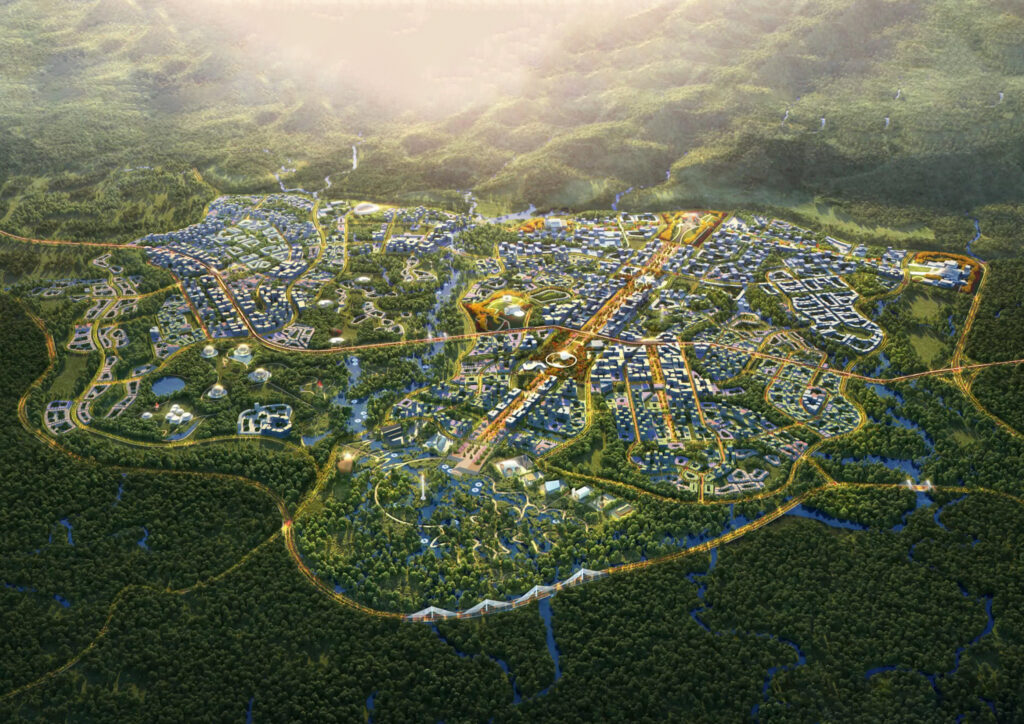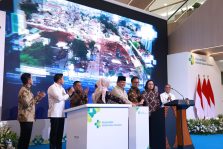By: Hamdan Hamedan*
67 years ago, Brazilian President Juscelino Kubitschek made a decision that was far from simple. He “boldly” moved Brazil’s capital from Rio de Janeiro to a wilderness in the heart of the Samba country, now known as Brasília.
Kubitschek’s rationale was straightforward: Rio de Janeiro, with its overpopulation and coastal density, was no longer ideal as the national capital. Furthermore, Kubitschek was determined to spread development and prosperity to Brazil’s interior regions.
Kubitschek’s decision elicited a mixed response.
Some viewed his decision as visionary and thus worthy of support. Others ridiculed it as insane. There were also those who questioned the funding.
In brief, Kubitschek steadfastly relocated and built the capital from scratch—a feat that had been proposed several times but always failed to be executed by his predecessors.
The Brazilian Ambassador to Indonesia, Rubem Antonio Barbosa, stated, “History records Kubitschek’s decision and success in moving the capital to Brasília as the right decision.”
“The population distribution became more balanced; and as a measure of success [economically], Brasília now has the highest per capita income in Brazil [and in Latin America],” he concluded.
Of course, no capital is perfect. Problems will always exist. The same is true for Brasília, which since 1987 has been designated a UNESCO World Heritage Site due to its modernist architecture and unique urban planning.
In the last 100 years, more than 30 countries have changed their capitals in response to shifting dynamics. This is the reality faced. Indonesia is no exception.
Following Brazil’s example, Indonesia’s capital relocation is not just about geographical shift, but about redefining developmental priorities, redistributing prosperity, and rearranging the economic and political center of gravity.
This bold decision—like Kubitschek’s—is challenging but can yield sweet fruits in the future.
Like it or not, ready or not, Indonesia is slowly entering a new chapter in its history—a chapter that will one day be an inspirational tale for future generations. That chapter lies in Nusantara.
*This article was previously published on Instagram @hamdan.hamedan










